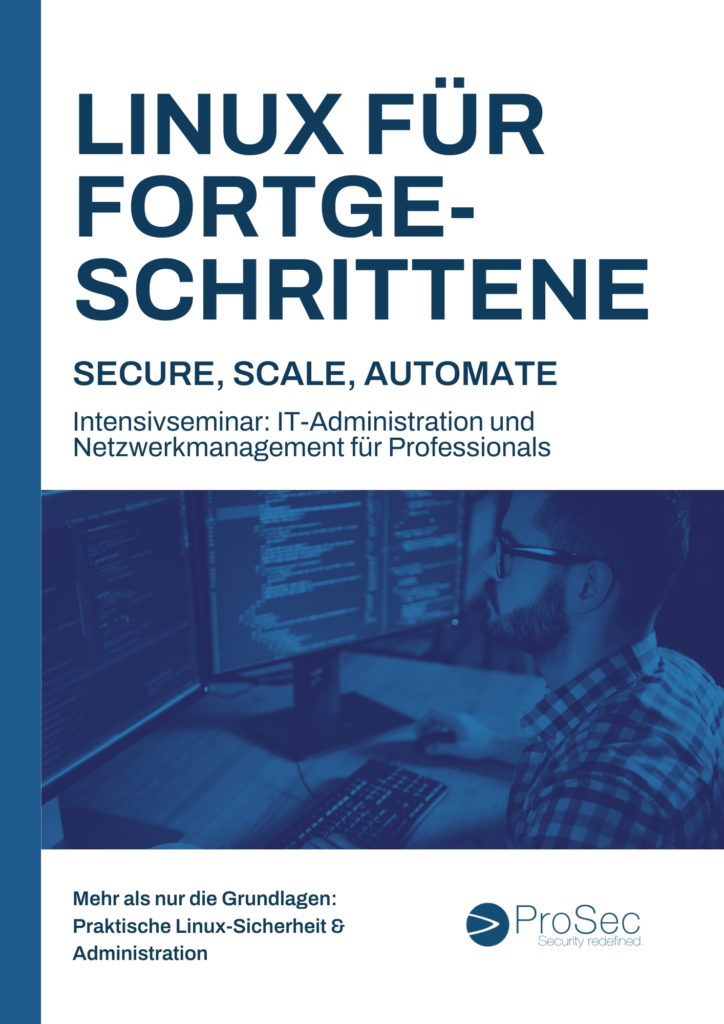At the end of the course, participants should be able to:
• Understand how email, DNS, web, file servers, DHCP and remote services work
• Identify vulnerabilities and configuration errors in these services
• Apply security mechanisms to secure the IT infrastructure
• Implement best practices for hardening and securing networks and services
